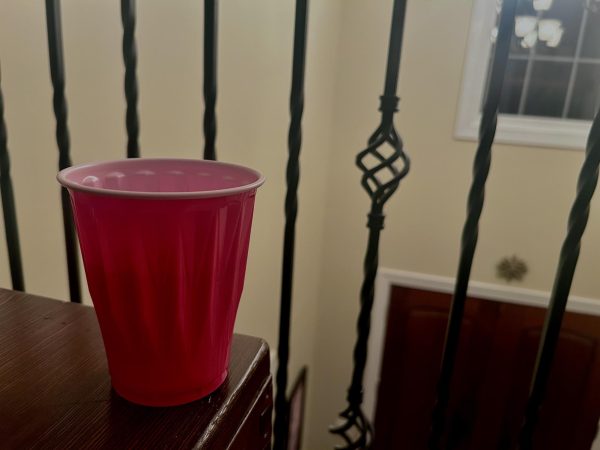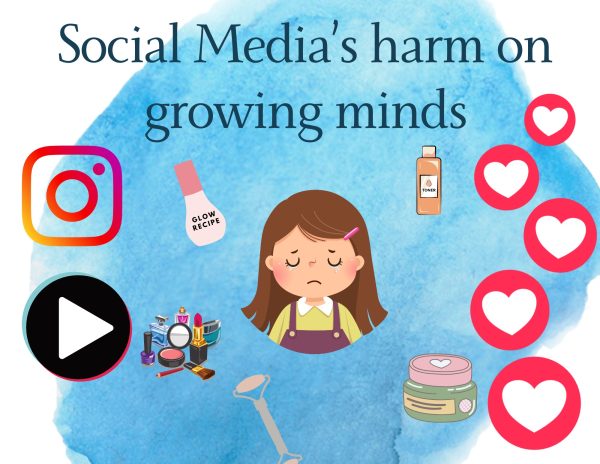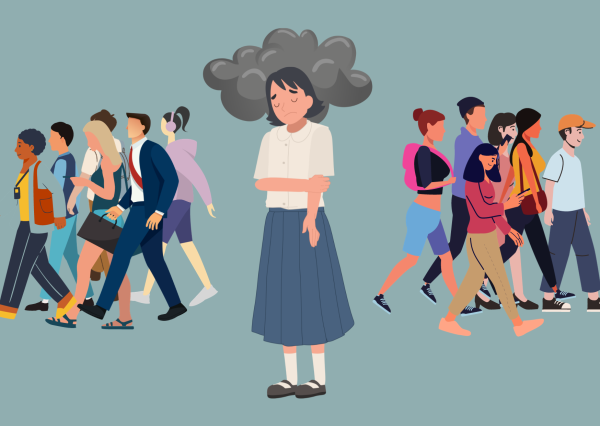Menstruation is nothing to be ashamed of, but the pink tax is
Menstruation is not a luxury, and should not be taxed as one
I have seen it everywhere since middle school. Girls whispering to others, asking if they had a pad to borrow, or quickly shoving a tampon into their pocket before asking to leave the classroom. As I have grown older, I have begun to question why people who menstruate feel ashamed when it comes to that time of the month.
The negative connotations that come with periods have failed to make sense to me. I am not proposing that everybody who has a uterus goes around brandishing their used menstruation products, but rather that young girls and women who have periods not be ashamed of a natural, healthy, bodily function.
Many young girls who live in poverty aren’t able to afford menstruation sanitary products, essentially keeping them from attending school or even working. With that said, why is there a tax on tampons and pads?
The “pink tax” is defined as “the extra amount women are charged for certain products or services” by the Listen Money Matters. It has been found that women will spend an annual average of $1,351 more than the annual average of what men will spend for the same items – dry cleaning, clothes, toys and accessories.
There should not be a tax on products aimed at the female population.
Women still make less money than men in 2018. An issue that isn’t mentioned in most news involving the gender wage gap is how race is also a factor into the width of the gap. Hispanic women earn 56.6 percent of what non-Hispanic white men make. Black women earn 61.7 percent of what white men make, and Asian women earn 74.8 percent of what white men make. White women earn 79.9 percent of what white men make. With that in mind, does it even make sense to charge women more for services and products?
An anti-tampon tax legislation was voted down by an all-male committee, spurring action. In 2016, there was a tampon tax lawsuit, in which five New York women filed a class action lawsuit against the New York Department of Taxation and Finance. One of the five is a co-founder of a company called Racket, a company that donates menstruation products to homeless shelters. Shortly after the lawsuit was filed, New York legislation passed ruling to end the tax. “The new law fully repealed state taxes on tampons and sanitary pads,” according to the Civil Rights Litigation Clearinghouse.
While the success of the law against taxes on tampons and sanitary pads was a huge win for New York, that does not reach the deeper issue of higher prices on services and products aimed at women. Nine states have ended the tax on menstruation products, and seven have recently introduced legislative proposals to do the same. “Personal care products marketed to women cost an average of 13 percent more than those marketed to men,” according to Vogue. Viagra, a medicine for erectile dysfunction isn’t taxed in any states except for Illinois. Rogaine, a hair-loss product, isn’t taxed in eight states, yet menstrual products are taxed as non-essential luxuries in the vast majority of the U.S.
There should not be a tax on products aimed at the female population. It is classist, one of the many factors that favor the upper class over the lower classes, and people with penises over those with vaginas. The pink tax is discriminatory and set up to continuously disadvantage women, especially women of color. Legislators need to address this issue and work to abolish the unfair pricing on women’s products.













